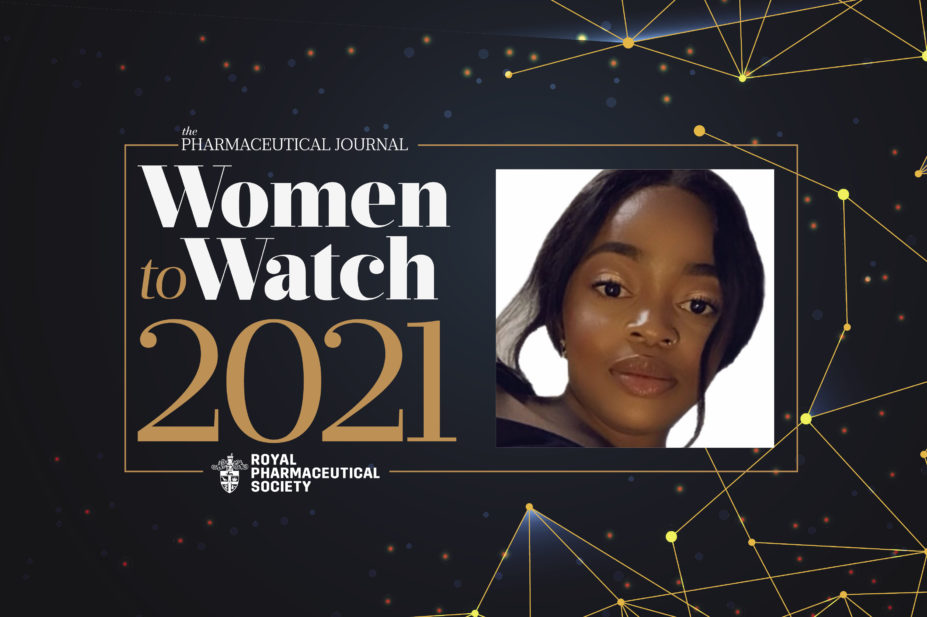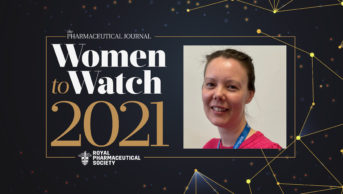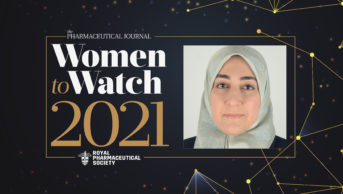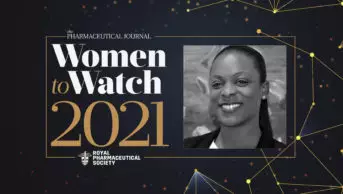
Adanna Anthony Okeke / Shutterstock.com
Fourth-year pharmacy student Adanna Anthony-Okeke is described by her nominators as a “force of nature”. And she has certainly brought the winds of change to her university.
During lectures at University of Nottingham, Anthony-Okeke identified a lack of inclusion in the teaching she experienced, encountering numerous examples that did not consider how patients from ethnic minority backgrounds may present or experience an illness.
She explains: “We had a session on asthma where they talked about turning blue and I asked what’s the case for black people and they didn’t have the answer, so I had to go research that myself. It was getting frustrating because I knew a lot could be done.”
Anthony-Okeke raised the issue with the MPharm course director and this conversation resulted in her starting a project with staff and students in 2019 to ‘decolonise’ the curriculum.
I’m really big on non-traditional roles. I want to use my pharmacy knowledge but not necessarily in a hospital or community pharmacy setting
“We set up subgroups to work on different parts of the curriculum and look at the different modules through years one to three. Each person had their own module and looked at what could be improved,” she says.
They identified areas of the curriculum where there was not enough information — for example, in pregnancy, there were no specifics about black women being more likely to die in labour.
Academic staff were largely supportive and positive about the programme. Anthony-Okeke says: “That was really key to the success of the project. Some of them had never heard of the statistics that we added in.”
This project was published in the Journal of Educational Innovation, Partnership and Change in May 2021 and subsequently featured in The Pharmaceutical Journal podcast.
Anthony-Okeke’s work has been recognised by the Royal Pharmaceutical Society, the Pharmacists’ Defence Association and the UK Black Pharmacists Association. She has been invited to meetings with other universities about her work and was recently asked to speak at a roundtable event on inclusive pharmacy practice by NHS England.
In 2019, Anthony-Okeke was involved in proposing a new educational module that pharmacy students can take, in addition to their degree, to encourage professional development: “The whole purpose is to refine their extracurricular employability skills and they know they need to reflect so that encourages them to go out and do things such as volunteering in schools.”
The module has now improved the career prospects of more than 100 students. Despite her own studies, Anthony-Okeke still finds time to run the module and mark assessments, even adapting it to be taught via remote learning during the COVID-19 pandemic.
Having moved to Manchester from Nigeria when she was a teenager, Anthony-Okeke had to adjust to the English school system at a stage when exams were looming. “It was quite challenging at first but I’ve found my feet now,” she says. Her decision to pursue pharmacy was a happy accident, after initially thinking about studying medicine. “I was going through clearing and thinking what I would want to do next? Pharmacy kept coming up in my head, so I thought why not? I knew I wanted to do something to do with health.”
The knowledge that many young people have not even considered pharmacy as a potential career led her to share her experiences on Instagram, where she has gained more than 500 followers. “Myself and a friend came together in 2019 and started an Instagram blog to share our journey because a lot of people don’t know about pharmacy and the fact you can do so much with your degree.”
Anthony-Okeke is unsure what the future holds for her, but it might not be surprising that she is unlikely to follow a traditional career path. She says: “I’m really big on non-traditional roles. I want to use my pharmacy knowledge but not necessarily in a hospital or community pharmacy setting.” It never occurred to Anthony-Okeke not to challenge the status quo. As she jokingly puts it, “I’m quite good at finding problems”. If her achievements to date are anything to go by, she has a long career ahead of her dedicated to opening doors and finding creative solutions.
Panellist comments
“Great to see a student stepping up and making pharmacy education a more inclusive environment — Adanna will go far.”
“Challenging the status quo of the education system requires a significant level of resilience, innovation and tenacity, and she is leaving a legacy for future pharmacy students.”
“Very impressive number of achievements for someone so young and in an area which can be difficult to bring about change.”
Meet the rest of The Pharmaceutical Journal’s Women to Watch 2021 here


